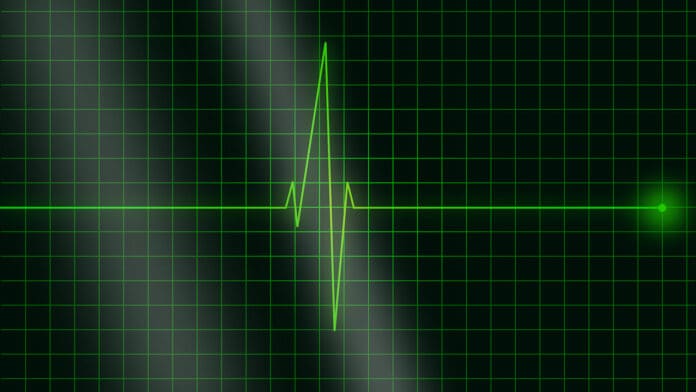Degenerative mitral valve (MV) regurgitation (MR) is a highly prevalent heart disease that requires surgery in severe cases. The left atrium and left ventricle of the heart are where the mitral valve is situated. When the heart contracts, it closes tightly to stop blood from flowing back into the left atrium.
In DMR, the mitral valve’s form deviates, making it impossible for the valve to close fully. This causes blood to regurgitate (leak back toward the lungs), reducing the amount of oxygen-rich blood that can flow via the heart to the rest of the body. As a result, DMR can bring about symptoms like fatigue and shortness of breath. Because of the reduced efficiency in circulation, the heart has to work harder, which over time, causes permanent damage.
Currently, there is no treatment for mitral valve degeneration.
In a new study, scientists at Columbia University’s Department of Surgery, in collaboration with the Pediatric Heart Valve Center at Children’s Hospital of Philadelphia (CHOP), the University of Pennsylvania, and the Valley Hospital Heart Institute, offer an insight into the mechanism underlying accelerated mitral valve degeneration in patients with decreased serotonin transporter (SERT) activity. They found that serotonin can impact the heart’s mitral valve and potentially accelerate a cardiac condition known as degenerative mitral regurgitation.
The study assessed 100 mitral valve samples and clinical data from over 9,000 patients undergoing valve repair or replacement surgery for DMR. Scientists looked at the data of these patients and discovered that taking SSRIs was linked to severe mitral regurgitation that required surgery at a younger age than for people not taking SSRIs.
Additionally, the scientists used normal and transgenic mice lacking the SERT gene to study in vivo mouse models. They found that normal mice treated with high dosages of SSRIs also had thickened mitral valves and that mice lacking the SERT gene similarly acquired thicker mitral valves.
The scientists found genetic variations in the 5-HTTLPR region of the SERT gene that impact SERT function using genetic analysis. They discovered that mainly when there are two copies, a “long” variation of 5-HTTLPR reduces SERT activity in the mitral valve cells (one maternal and one paternal). Patients with DMR who had the “long-long” type frequently required mitral valve surgery.
Mitral valve cells from DMR patients with the “long-long” variation were more likely to respond to serotonin by generating more collagen, altering the mitral valve’s shape. Additionally, fluoxetine sensitivity was higher in mitral valve cells with the “long-long” variation of 5-HTTLPR than in cells with other variants.
Columbia’s Giovanni Ferrari, Ph.D., said, “Assessing patients with DMR for low SERT activity may help identify patients who need mitral valve surgery earlier. Promptly fixing a very leaky mitral valve would protect the heart and could prevent congestive heart failure.”
“We did not find a negative effect with normal doses of SSRIs or the “long-long” variant in cells from healthy human mitral valves. A healthy mitral valve can probably stand low SERT activity without deforming. It is unlikely that low SERT can cause degeneration of the mitral valve by itself. SSRIs are generally safe for most patients. Once the mitral valve degenerates, it may be more susceptible to serotonin and low SERT.”
Further study could reveal if DMR patients who respond well to SSRIs should be regularly seen to assess the progression of mitral degeneration and whether DMR patients who are not responding well to SSRIs should consider switching to a non-SSRI antidepressant rather than raising the dose of the SSRI.
Journal Reference:
- Estibaliz Castillero et al. Decreased serotonin transporter activity in the mitral valve contributes to the progression of degenerative mitral regurgitation. Science Translational Medicine. Vol 15, Issue 677. DOI: 10.1126/scitranslmed.adc9606
